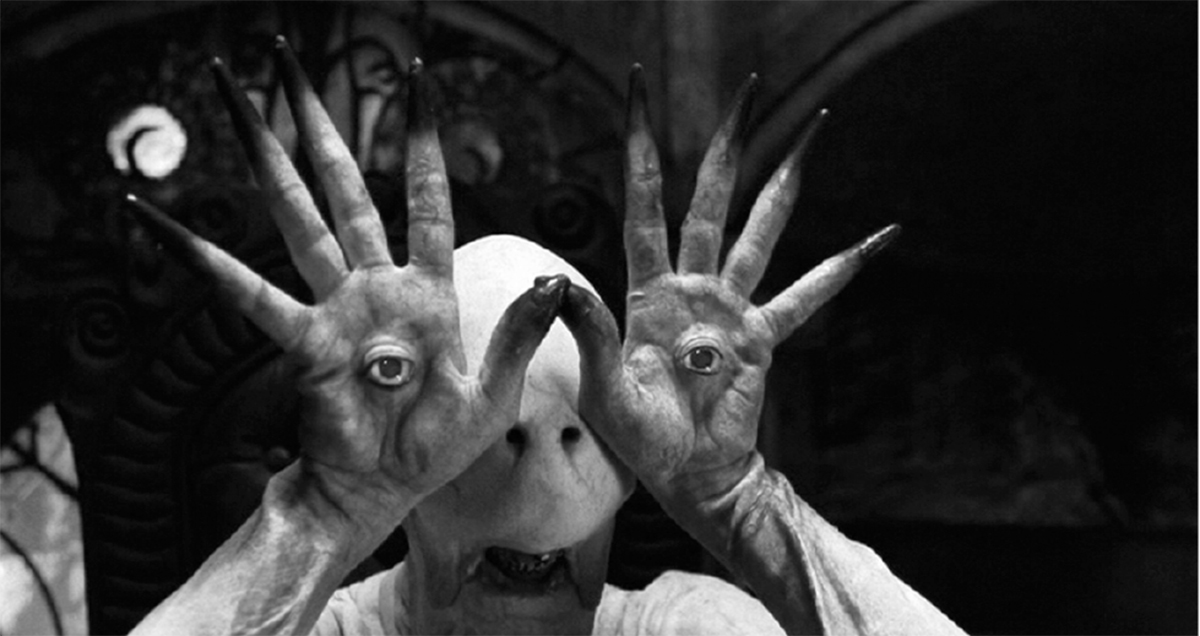Saving the Archive
The earthquake of September 19 left me shaken but unharmed in my Mexico City hotel. Others were not so lucky. Hard hit was the Permanencia Voluntaria Film Archive in Tepoztlán, an hour or so outside Mexico City. The invaluable archive is dedicated to very neglected fare: the rich heritage of Mexican popular film, especially the unique genres of wrestling movies and fichera (showgirl) features.






